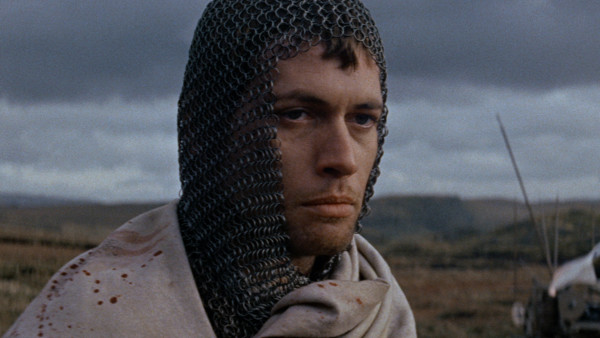12 Best Film Adaptations Of Shakespeare's Tragedies
Which films do the bard the most justice?

There have been over 400 filmed adaptations of William Shakespeare's plays. Given that he is the most acclaimed, influential and arguably the best writer of all time, this is hardly surprising. But is adapting his work a futile endeavor?
Shakespeare is particularly hard to adapt. His work is complex, extensive and difficult to fully capture even on stage, so filming his plays certainly isn't an easy task. Adaptations that try to be too cinematic run the risk of losing the essence of the plays, while those that stick too closely to the source material might end up simply being filmed versions of the play that add nothing.
Adapting Shakespeare is hard, but many filmmakers have made valiant attempts at doing so and Shakespeare films are generally interesting viewings. Much of the time, they don't match the experience of seeing the work performed in its natural stage setting, but film can often bring out interesting new dimensions in the material.
Shakespeare's work is uniformly masterful, but his tragedies are arguably his best plays. Many films have tackled these titanic works; which of them come closest to doing the Bard justice?
12. Macbeth (1971)

Based On: Macbeth
Adaptation:
Directed by Roman Polanski, this retains the play's dialogue, but changes the ending. The younger son of King Duncan is shown returning and encountering the witches.
Macbeth is a great play, but it's often difficult to adapt. Luckily, this adaptation does the transition well and fully brings out the nightmarish intensity of the play.
This is, unfortunately, held back by its acting, with Jon Finch (Macbeth) and Francesca Annis (Lady Macbeth) making for two awfully wooden leads. These stilted performances prevent it from reaching greatness, but other than that this is a highly impressive rendering of the play.
The film conveys Macbeth's themes of power and evil successfully, while the deviations also add plenty. The ending, which implies Donalbain will have a similar downfall, is very clever and allows the film to end on a bleaker note than the play, since it suggests the cycle of destruction will continue. Macbeth's second visit to the witches is superbly altered as well and the nightmarish, surreal sequence that takes place in the witches' coven is one of the best scenes in any Shakespeare adaptation.
It's uncomfortable watching any Polanski film due to his past crimes, but he remains a fine director. His work here was great and the film is one of the most visually-stunning Shakespeare films. Polanski got the big moments, such as Banquo's ghost and Macbeth's demise, absolutely right.
This is uneven, but it's definitely worth seeing and should satisfy most Shakespeare fans.